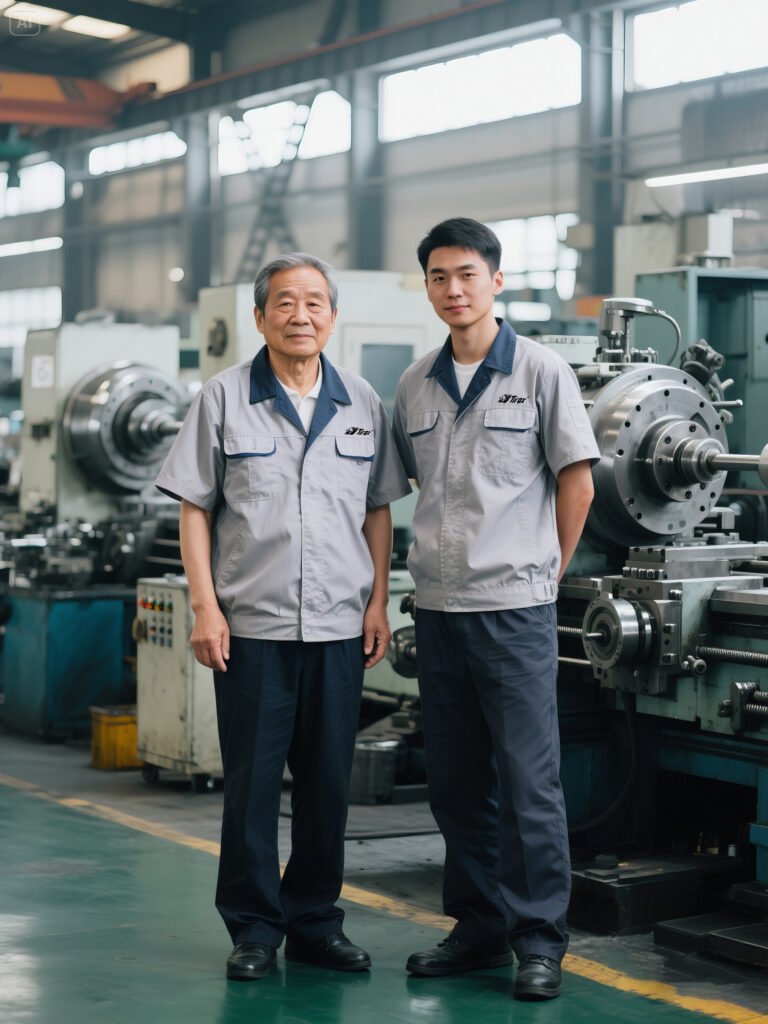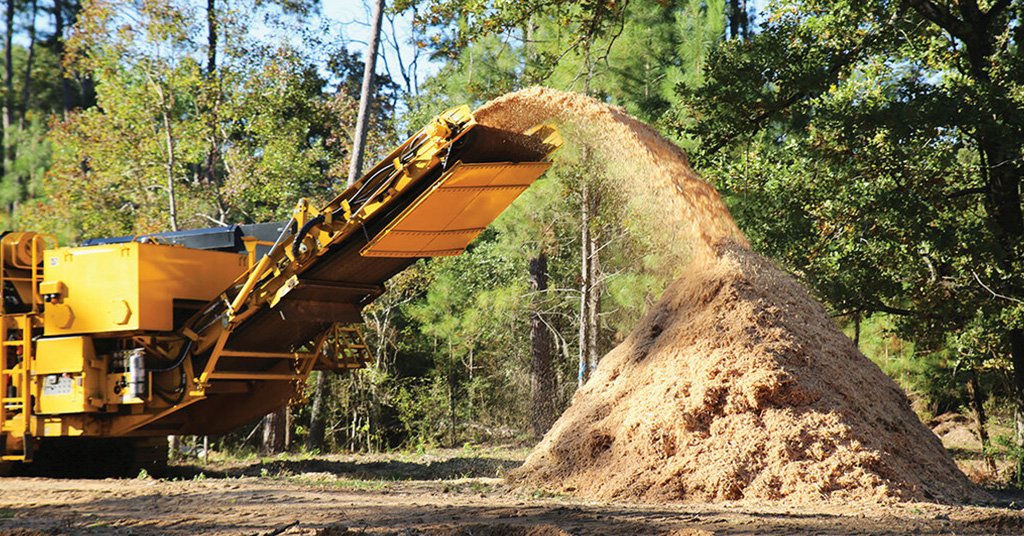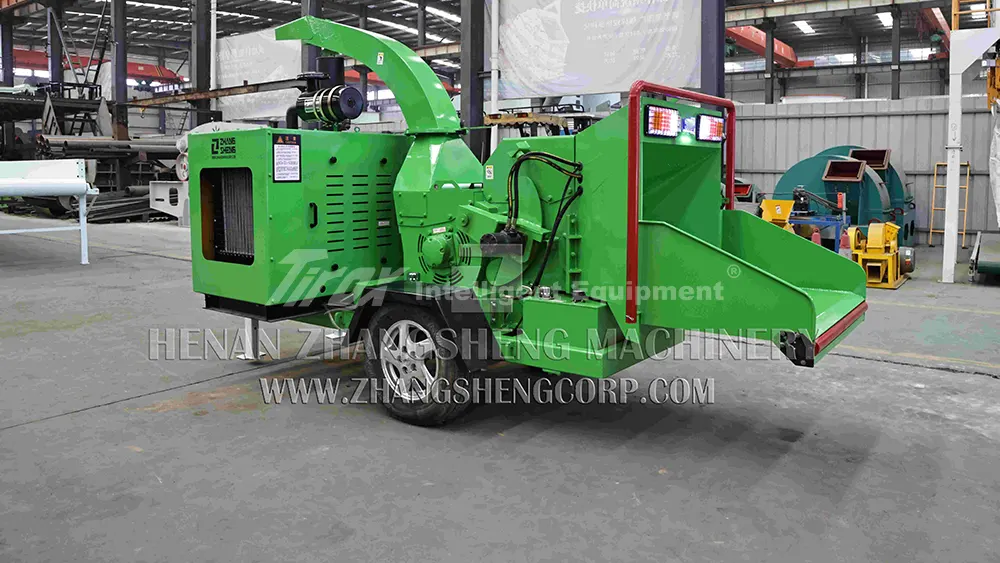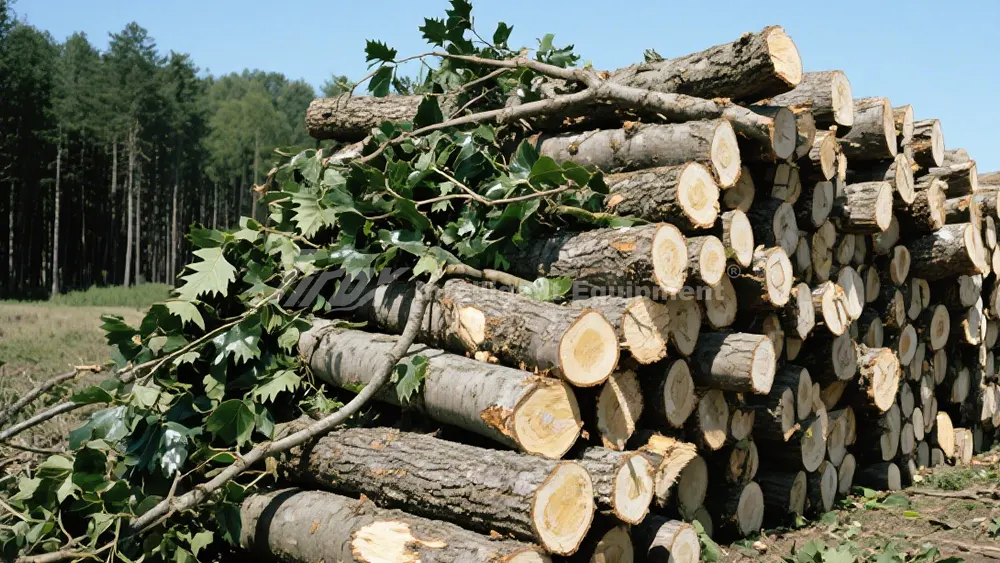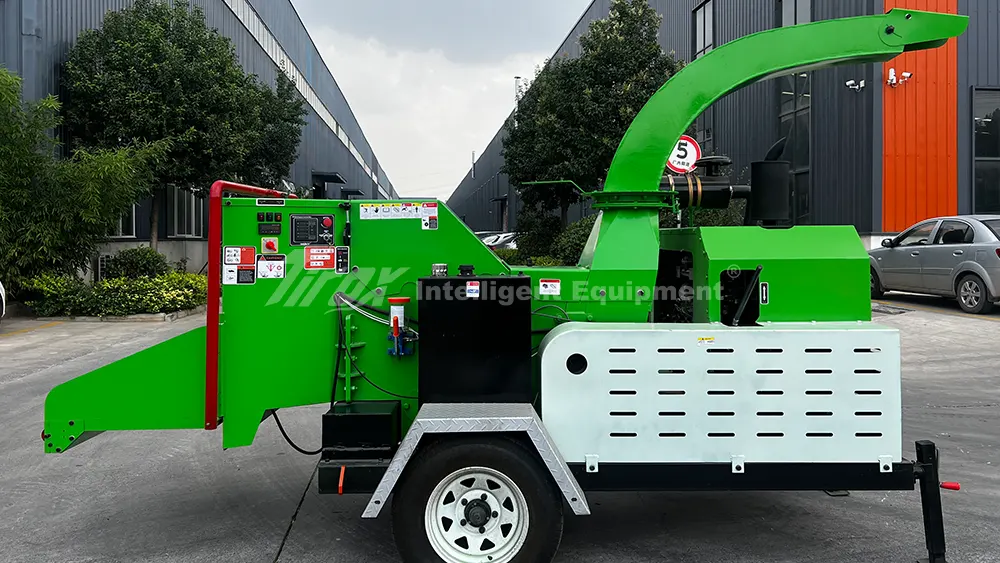Choosing the right industrial wood chipper can transform your operations, maximizing efficiency and minimizing downtime. But what features truly define a good wood chipper?
A good industrial wood chipper combines durability, high throughput capacity, and advanced safety features. It must also match specific business needs like wood types and operational scale.
Let’s dive deeper into the essential features and considerations for selecting the best wood chipper to ensure seamless operations and long-term reliability.
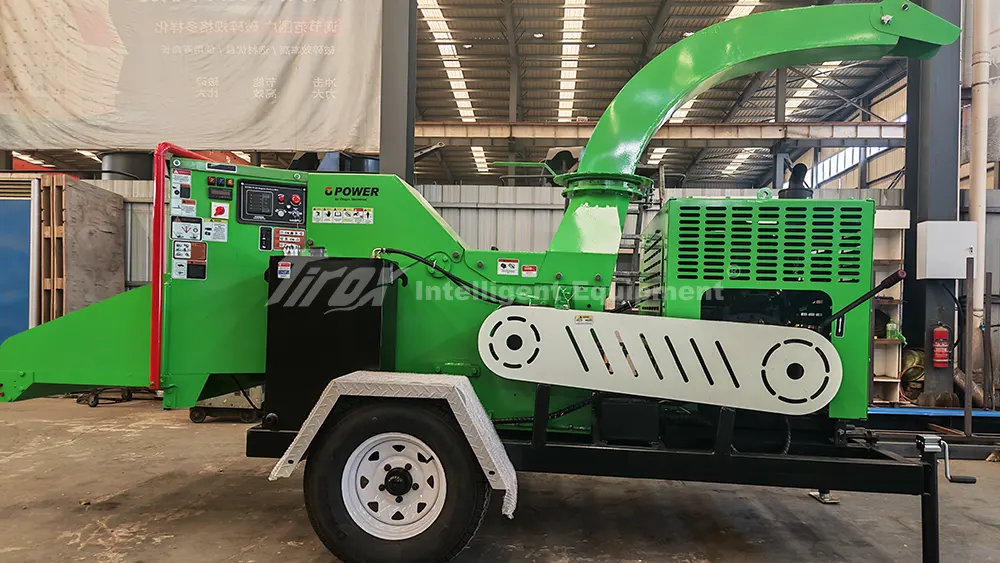
Why Is Durability Important in Industrial Wood Chippers?
Industrial wood chippers face tough conditions, processing dense wood types and operating for extended hours. If a chipper lacks durability, it will likely break down, costing time and money.
Durable construction ensures the machine withstands heavy-duty use, reduces maintenance frequency, and boosts productivity. High-quality materials and solid engineering are essential.
Durability stems from robust components like heavy-duty steel frames, wear-resistant blades, and reinforced feeding mechanisms. For example, TIROX chippers feature hydraulic forced feeding systems, which adjust to varying wood diameters seamlessly. This not only ensures operational longevity but also reduces stress on the engine. Additionally, brands like Perkins and Cummins engines, offered by TIROX, enhance reliability by simplifying maintenance and repair processes. These features protect your investment and ensure the chipper maintains consistent performance over years of use.
How Does Engine Power Affect Performance?
Engine power directly impacts a chipper’s ability to handle tough materials efficiently. A weak engine can slow operations, reduce productivity, and even cause jams.
High-powered engines, like Perkins or Cummins, provide the torque necessary for processing dense wood efficiently, ensuring smooth and uninterrupted operations.
An engine’s power determines the chipper’s throughput capacity and adaptability to different wood types. TIROX offers premium diesel engines that strike a balance between power and fuel efficiency, crucial for long-term operations. Additionally, advanced smart feeding systems monitor engine loads in real-time, adjusting feeding speeds to prevent overloading. This feature ensures the chipper operates at peak efficiency without compromising safety. When selecting a chipper, prioritize engines with proven reliability and global support networks for easy part availability.
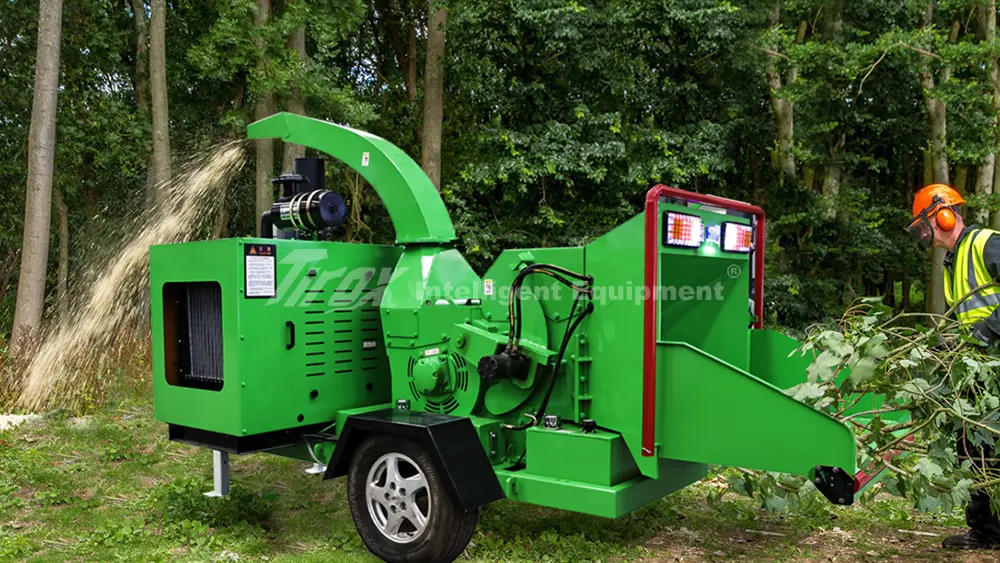
What Safety Features Should You Look For?
Safety is critical when operating heavy industrial machinery like wood chippers. Lack of adequate safety measures can lead to accidents, injuries, and costly downtime.
Essential safety features include smart control panels, emergency stop mechanisms, and intelligent feeding systems to prevent jams and protect operators.
TIROX chippers are equipped with comprehensive safety systems designed for ease of use and operator protection. The smart control panel displays vital stats like oil levels, water temperature, and runtime, allowing operators to identify issues early. Hydraulic feeding systems stop or reverse automatically if a jam or foreign object is detected, protecting the blades and engine. Additionally, the independent conveyor system allows operators to control feeding manually during emergencies. These features reduce risks and make the machine user-friendly, ensuring smooth operations even in challenging environments.
How Do You Match a Wood Chipper to Your Business Needs?
Choosing the wrong wood chipper can lead to inefficiencies, higher operational costs, and wasted resources. A tailored solution ensures optimal performance.
Match chipper specifications to your wood types, operational scale, and terrain. Tracked models, like TIROX’s Horizontal Grinder, excel in complex environments.
The ideal wood chipper varies by industry. Forestry companies benefit from tracked grinders for uneven terrain, while waste management centers need high-capacity horizontal grinders for mixed debris. TIROX’s ultra-wide dual-track sawmills are perfect for processing logs into lumber, while portable sawmills cater to smaller operations. For biomass energy companies, pellet production solutions maximize resource utilization. Understanding your specific needs and consulting with experts ensures you invest in the right equipment that aligns with your operational scale and material requirements.
Conclusion
A good industrial wood chipper combines durability, powerful engines, advanced safety features, and tailored solutions for specific business needs. Make an informed choice to boost productivity and reliability.
Explore our blog for expert advice on wood processing equipment.
Learn more about TIROX wood chippers.
Discover TIROX Horizontal Grinders for high-volume operations.
What Wikipedia says about wood chippers.

